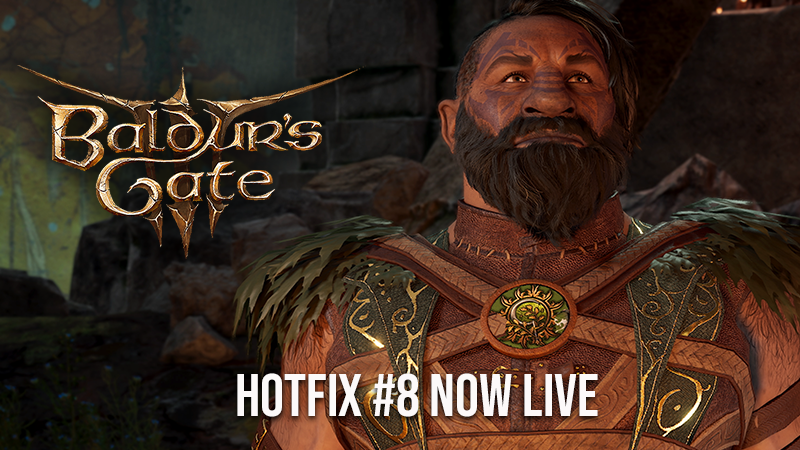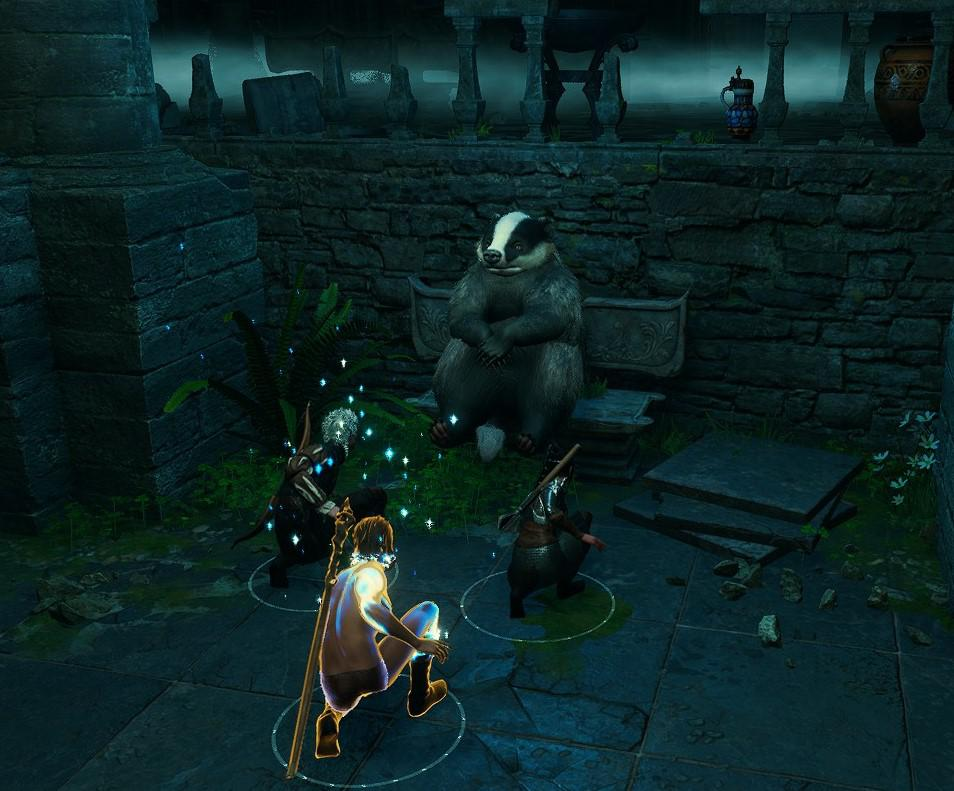Not really, there is more than one way to achieve balance. The rock-paper-scissors approach for balancing games is all about maintaining a systemic level of balance whilst having imbalances between individual components. Chess is also an example of this, whilst the sides are evenly balanced (actually, arguably white has an advantage), the individual pieces are not balanced against each other. A queen is obviously better than a rook.
Chess isn't about rooks roaming around the world, killing pawns, only to find out that they could have been another class, called Queen, that does everything everyone else does. Chess is balanced around the two units of player white's army and player black's army. And they are almost perfectly equal. Not my idea of a good balanced yet not streamlined RPG.
My point was that a system can be balanced without all of its individual components being homogeneous. If you want a less dumbed down example you can use many of the online multiplayer PVP games, like Dota for example. The design philosophy there is that hero A beats hero B, which beats hero C, which beats hero D, which beats hero E, which comes around again and beats hero A. In between there are soft counters, where a hero is advantaged against another but is not guaranteed a win. If you want an example which is a little bit closer to the RPG Genre, the Game Nox (with its 3 classes, Warrior, Conjurer and Wizard) has the 3 classes being reasonably well balanced against each other, to the point where there are still some people who play PVP matches of that game even in 2021 (don't ask me why they don't play something else, I have no idea).
Is not that I only care about casters. My point is that among casters, the game is more balanced than Pillars which is obsessed with balance.
The point is, you care about balance. But the only balance you want is the balance where casters are gods and everyone else are second class citizens. More specifically, you want necromancers to be good and will cry like a little child with its toys taken away if they aren't.
Then an honest question. Pathfinder 2e is far more balanced than Pathfinder 1e. Do you think that PF:WoTR would be better if was PF2e? Or D&D 4e is more balanced than all other editions. Do you think that BG2 remade into 4e would be good?
Just because a set of rules is balanced, doesn't mean its good. There is more than one way to fuck something up and both 4e and Pathfinder 2e manage to fuck things up in another way, by forgetting the spirit of what the game is about. Balance can improve a system when its done correctly and it can ruin a system when its done poorly. Let us take chess for example, would the game be more fun if Black was missing a Queen at the start of every game? Its making the game less balanced.
You are insulting me and ignoring all points that I've posted.
Because this discussion has been had with you, many times, by lots of different people and you never read what people write, or you selectively ignore it. But I guess I will just be the idiot that I am and respond to that point, where you didn't even properly address my point, with something which has been said by others, in other threads on this forum, multiple times before, because hey, maybe this time it will penetrate your head (there is no hope in hell is there). Seriously, seeing you regurgitate the same inane shit all over the place despite everything said by multiple people is tiring in the extreme.
The rock-paper-scissors approach for balancing games is all about maintaining a systemic level of balance whilst having imbalances between individual components. Chess is also an example of this, whilst the sides are evenly balanced (actually, arguably white has an advantage), the individual pieces are not balanced against each other. A queen is obviously better than a rook.
Wrong.
Number 1. Saying "Wrong" without addressing the point doesn't just magically make the point wrong and in this case, the point is not wrong. Go ask game designers how they balance games, most of them will tell you, this is how they go about it. They don't plan around making everything the same, because that is boring, they plan around making every class have another class which counters it and having every class be roughly countered (and countering) roughly the same number of classes. In such a system, obviously if you are playing, lets say for the sake of the example, the "mageslayer" and you run into a mage, you will have an easy win, but if you run into the, "mage slayer slayer," you won't have such a fun game.
Chess and RPG's are very different.
Number 2. Obviously, but that wasn't the point of the analogy. The point of the analogy was to dumb down the concept of asymmetrical balance to the point where maybe you would understand it.
Do you know how D&D was born? From the war gaming. "How we can adapt this rules to simulate a fantasy world?"
Do you know why spellcasters have spell slots and have to rest to regain them? Because it was an attempt to balance casters against fighters, because the designers understood at a fundamental level that balance was important. Unfortunately for them, it failed to achieve that balance. Also, D&D fails dismally at simulating a realistic fantasy world, its far too naive in terms of how societies are structured.
One thing that I love about GURPS is that people don't play GURPS technomancer and start to complain "but my katana weeabo character has no chance against a sniper with .338 lapua magnum rifle or a mage capable of conjuring geysers, lets nerf and make .338 LM rifles have 10m range and so little damage that can't kill a house dog" or something like that. People who don't like high tech or high magical setting play on low tech/ and low/no magic settings. But on D&D, balancefags wanna everyone equally boring to play. They pick the most boring class to play(fighter) and wanna everyone to be so boring to play as a fighter.
There is more than one way to balance something, which seems to be something which you just can't understand. In that same example, you could give the katana character a whole bunch of magic items to even the fight, or give the gun a long reload time, or make it inaccurate or [...] a whole host of realistic concessions that do not involve making the gun a poor weapon. Balance doesn't have to mean, "lets homogenize everything."
On game design, there are trade offs. For eg, depth vs accessibility. Variety and immersion VS ballance. All masterpiece RPG's are unbalanced.
Variety and Immersion are not necessarily paired off against balance, depending on how your system is set up. For example, if you have a high magic setting where everyone can use magic, then you build classes where all classes are pseudo casters, you can have a system which is both balanced and immersive. The systems in Pillars of Eternity actually had the potential to make a decent game out of them, too bad the games that were made with the systems didn't reflect the quality of the tools.
And balance is subjective. You see people complaining about bolt action rifles and shotguns on BF1, a WW1 game and this weapons aren't the most used weapons of the game...
Balance is only subjective as far as the skill of the player is concerned. For example, a class might be really powerful, but require fast reaction time to play. For anyone who has slow reaction time, the class will perform poorly. Fortunately, a game developer doesn't have to look at whiny players posts online to determine how classes are performing and can just look at metrics directly received from games played.






























![Glory to Codexia! [2012] Codex 2012](/forums/smiles/campaign_tags/campaign_slushfund2012.png)




